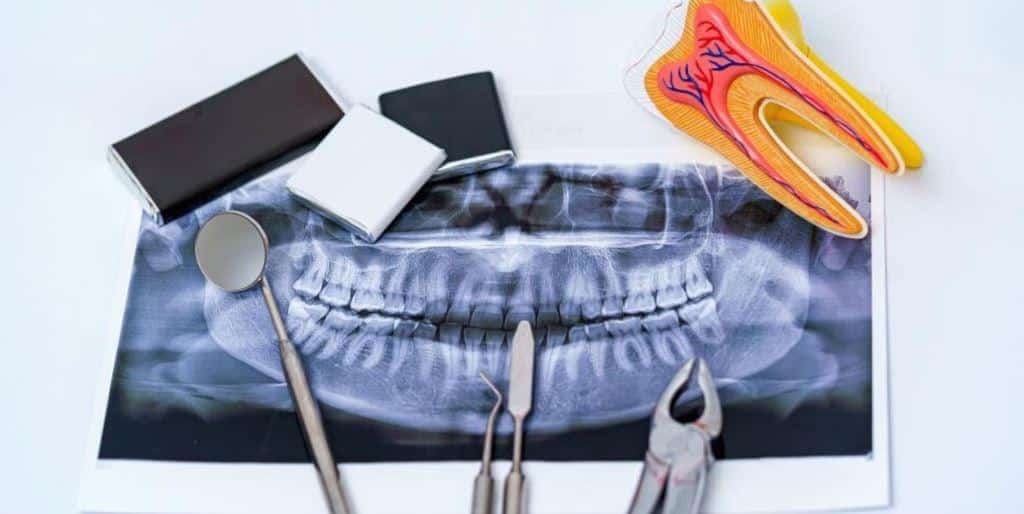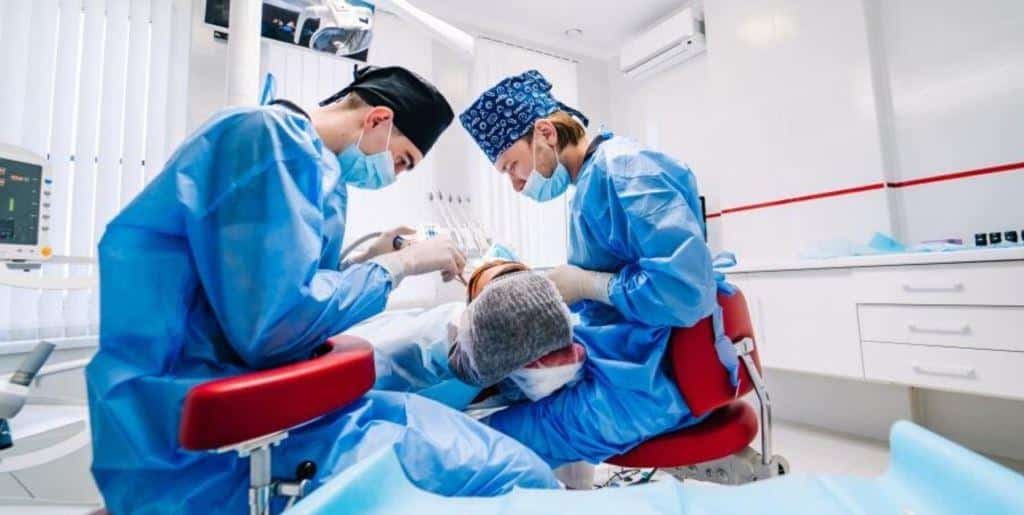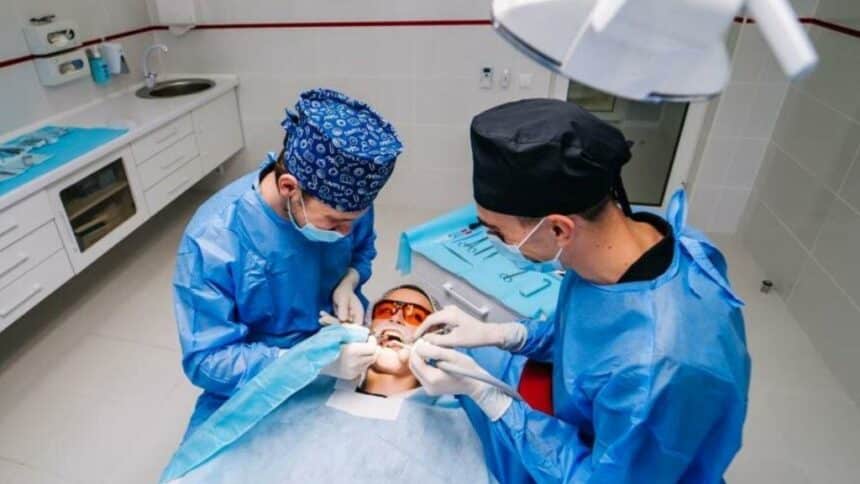Currently, extraction is a last resort. Sometimes, through the alignment of a tooth, its roots, or the lack of a crown, an ordinary procedure is not enough - surgical tooth extraction in the UK is necessary. Find out when it is necessary, what it looks like and how much it costs.
When is surgical extraction of a tooth necessary?
Wisdom teeth are most often qualified for surgical removal. Why? Because they often cause crowding of the remaining teeth, erupt incorrectly and are more likely to break. However, removal of wisdom teeth is not always necessary. If you are interested in this topic, we recommend our text "Surgical removal of eights". You will learn from it not only when you need to have your wisdom teeth removed but also what the procedure is like.
Sometimes, however, other teeth require extraction.
Surgical tooth extraction in the UK is necessary in several situations. Firstly, when a tooth is retained and accompanied by unpleasant symptoms. We wrote more about this in the text "A retained tooth - what exactly is it and does it always need to be removed?". Secondly, when the tooth has no crown and the root is the only thing left of the tooth. The last reason is a severely curved tooth root.
Your dentist may also decide to remove a tooth if your teeth are crowded by a tooth that has grown incorrectly. Here, however, surgical tooth extraction in the UK is not always necessary. You can read more about extraction here: "Tooth extraction in the UK - when is it necessary and how much does it cost".

Surgical tooth extraction in the UK - what does it look like?
Before this happens, an X-ray is taken. This provides the doctor with a guarantee that there is no possibility of healing the tooth, and he or she will know the exact position of the tooth. The patient is also given guidelines and recommendations to follow before the procedure.
The oral surgeon begins the procedure by making an incision in the gum. He must then expose the tooth and separate it from the surrounding tissues and bone. The next step is to remove the tooth from the alveolus. Afterwards, the doctor applies stitches. The patient does not have to fear pain - the procedure is carried out under local anaesthetic or under anaesthetic.
It is very important to follow the doctor's instructions after the procedure. Oral hygiene during healing is particularly important to avoid infection. The first 24 hours after tooth extraction must also not consume any hot food or drinks. It is advisable to apply cold compresses. For more recommendations and tips, see our text "What not to do after a tooth extraction and how to speed up healing?".
Approximately one week after the treatment, a follow-up visit is required.

How much does the treatment cost?
Surgical tooth removal in the UK is a procedure we offer at our practice. The cost of the procedure starts from £200. For surgical removal of eights this will be from £210 - the price includes the insertion and removal of sutures.
Remember - if the treatment of your teeth is more than £350, you can take advantage of our attractive instalments! You can read more about them in our article: "Teeth on credit: dental treatment on hire purchase". Our instalment system is 100% secure and regulated by the Financial Conduct Authority (FCA number 619628).
We encourage you to use the services of our practice. We offer friendly, professional service and attractive prices! Should you have any questions, please feel free to contact. We will be happy to dispel all your doubts!

